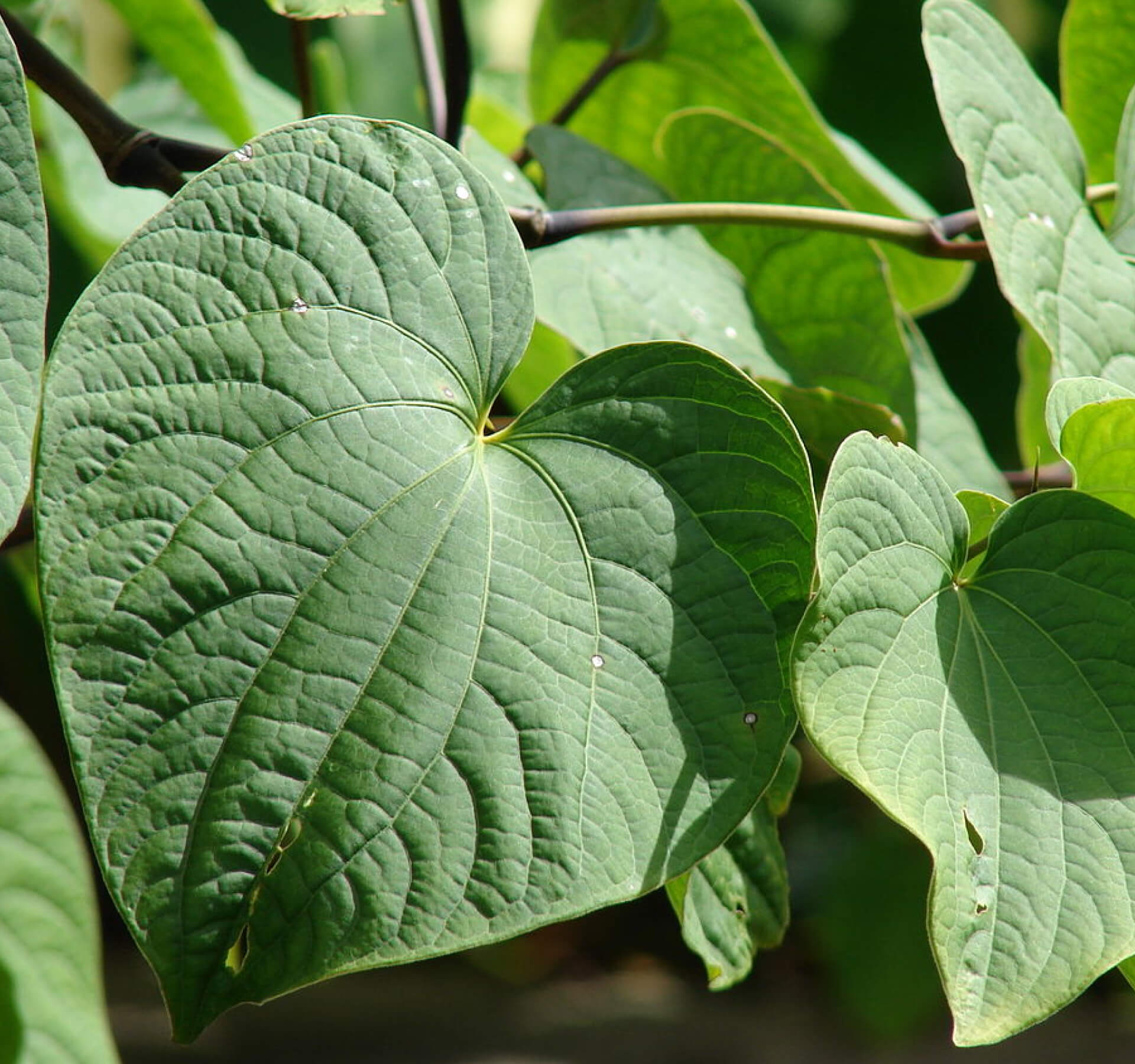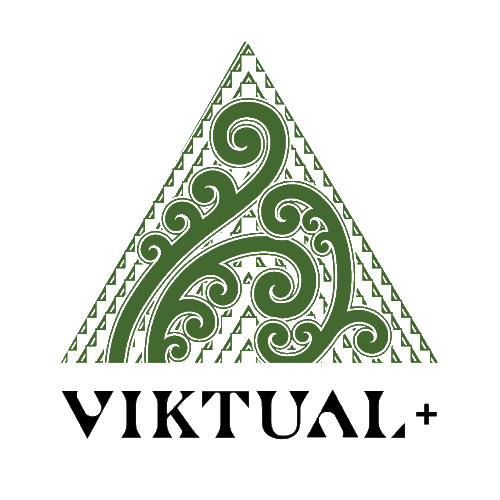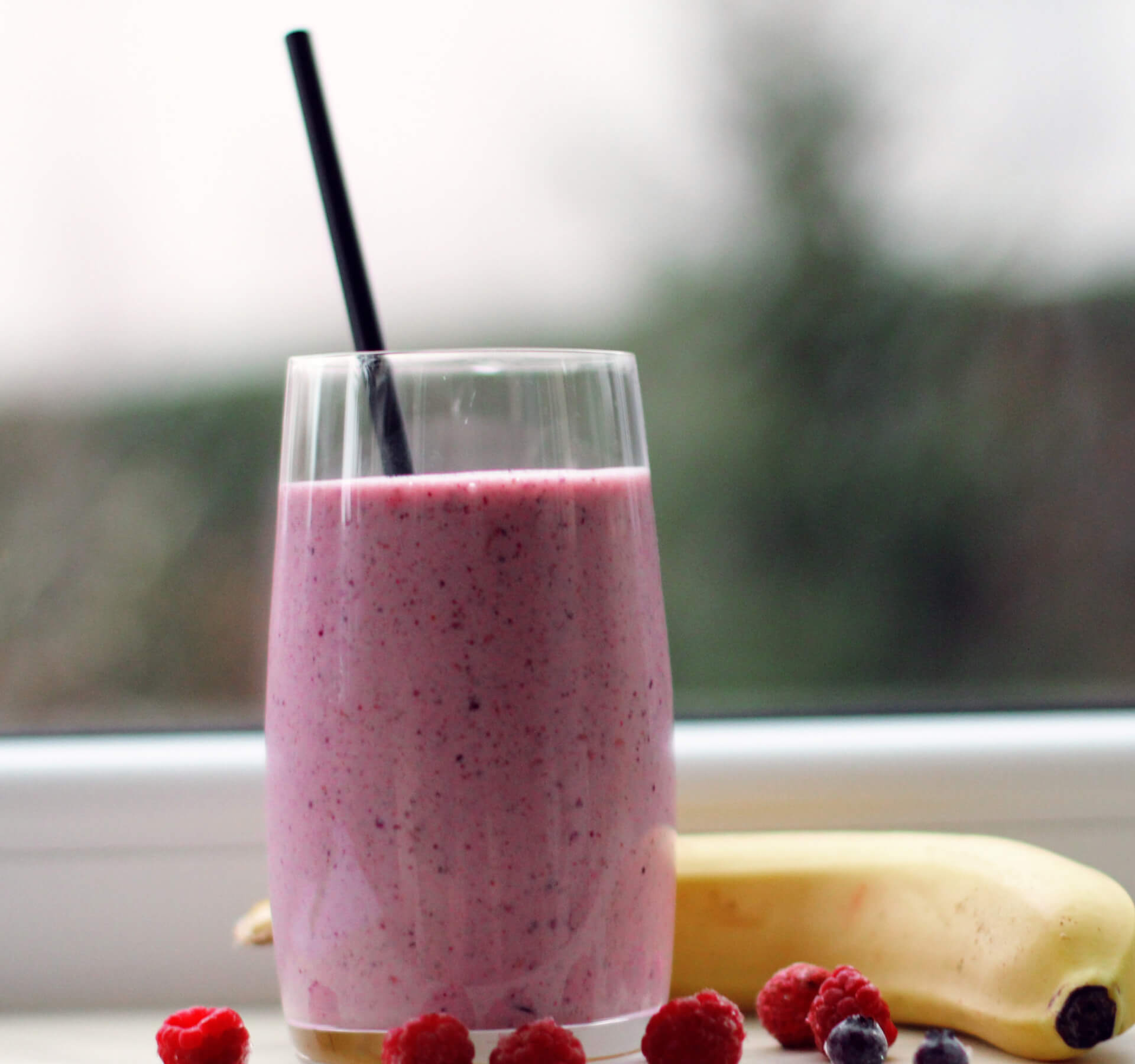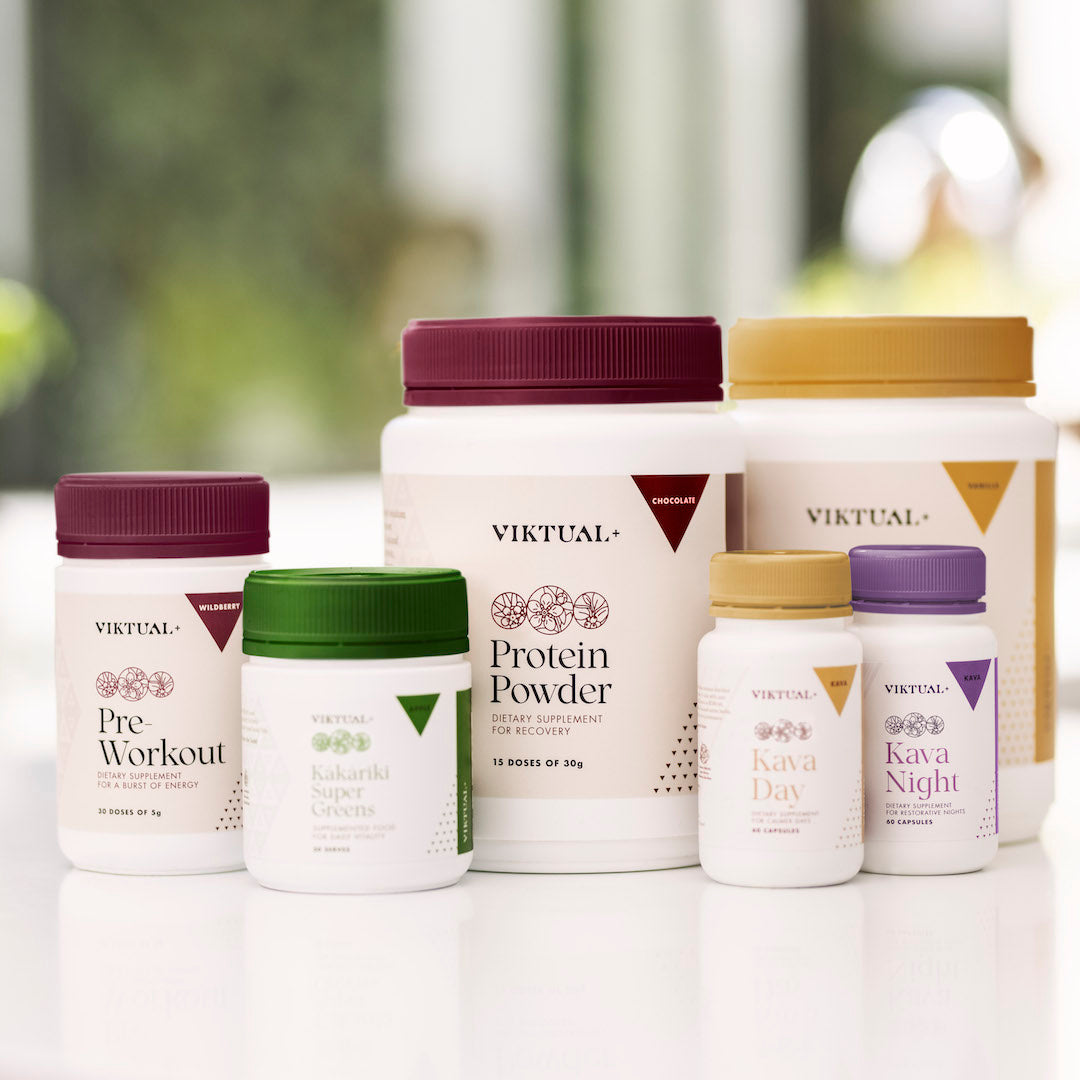
Historical, Cultural and Medicinal Purpose of Kava: Pacific perspective
Author: Dr Edmond Fehoko, Te Tomokanga Postdoctoral Fellow, University of Auckland
Many countries have certain beverages and activities that are unique and distinctive to that country, for example, Guinness for the Irish, Tequila for Mexicans and Whisky for the Scots and Ouzo for the Greeks.
As such, one’s national beverage and activity can become a powerful expression of one’s loyalties and cultural identity. Early European voyagers reported that kava-drinking served social and ceremonial purposes in many Pacific nations including Fiji, Samoa, and Vanuatu and that; the cultural practice of kava-drinking had become a major form of social engagement in the lives of these communities.
Kava is not an alcohol and, when consumed, does not cause marked euphoria or hallucination, but rather a relaxed feeling that facilitates clear-headed discussion.
Traditionally used as a relaxant to support a healthy calming response to stress. Kava is non-addictive and has been used for centuries by Pacific health and wellness practitioners.
Historically, kava was viewed as a plant that had sacred powers and medicinal properties and was regarded in some societies as ‘the most important psychoactive plant in the Pacific’.
Kava has been a remedy which has been curatively used for illnesses such as menstrual problems, headaches, leprosy, insomnia, migraine, and tuberculosis. The value of kava as a plant and beverage of the Pacific, and its potential plays a critical component of cultural maintenance in migrant communities.
As noted, kava plays a unique role in the social life of many Pacific societies. “When you drink kava, you drink the Pacific people, their land, and their culture … kava is mana and the ancestors”.


